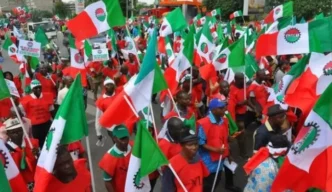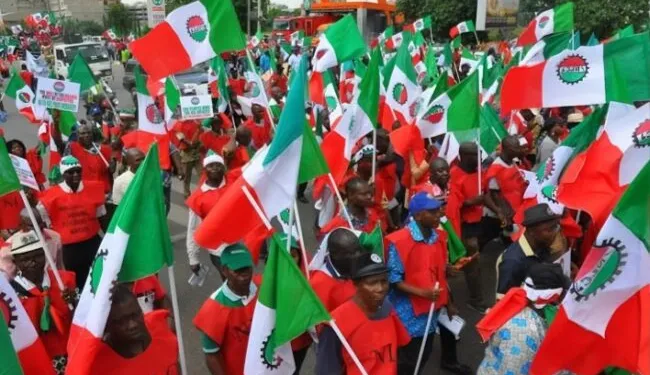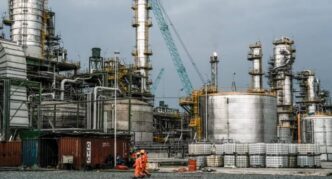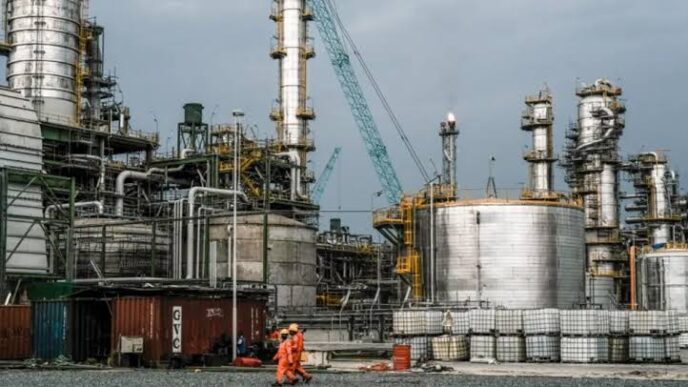
In a significant move that promises economic relief, Dangote Petroleum Refinery has reduced the ex-depot price of Premium Motor Spirit (PMS), commonly known as petrol, from N950 to N890 per liter.
This adjustment, which takes effect from Saturday, is expected to drive down fuel costs nationwide.
According to Anthony Chiejina, Group Chief Branding and Communications Officer of Dangote Refinery, the decision was influenced by favorable trends in the global energy sector and a notable decline in international crude oil prices.
He emphasized that the price cut aims to ease the financial burden on Nigerians, stating,
“Dangote Petroleum Refinery firmly believes that this reduction from N950 to N890 will result in a meaningful decrease in the cost of petrol nationwide, thereby driving down the prices of goods and services, as well as the overall cost of living, with a positive ripple effect on various sectors of the economy.”
Meanwhile, the Petroleum Products Retail Outlet Owners Association of Nigeria (PETROAN) confirmed that its members have begun loading petroleum products from the Port Harcourt and Warri refineries.
This development contradicts previous doubts about the functionality of the Nigerian National Petroleum Company Limited (NNPCL) refineries. According to Joseph Obele, PETROAN spokesperson,
“The resurgence of these refineries has sparked intense competition expected to drive down petroleum prices.”
He further noted that with increased availability of original diesel and kerosene , the risk of adulterated products has significantly declined, ensuring safer consumption.
The National President of PETROAN, Billy Gillis-Harry, acknowledged the revitalization of the refineries as a game changer for the economy.
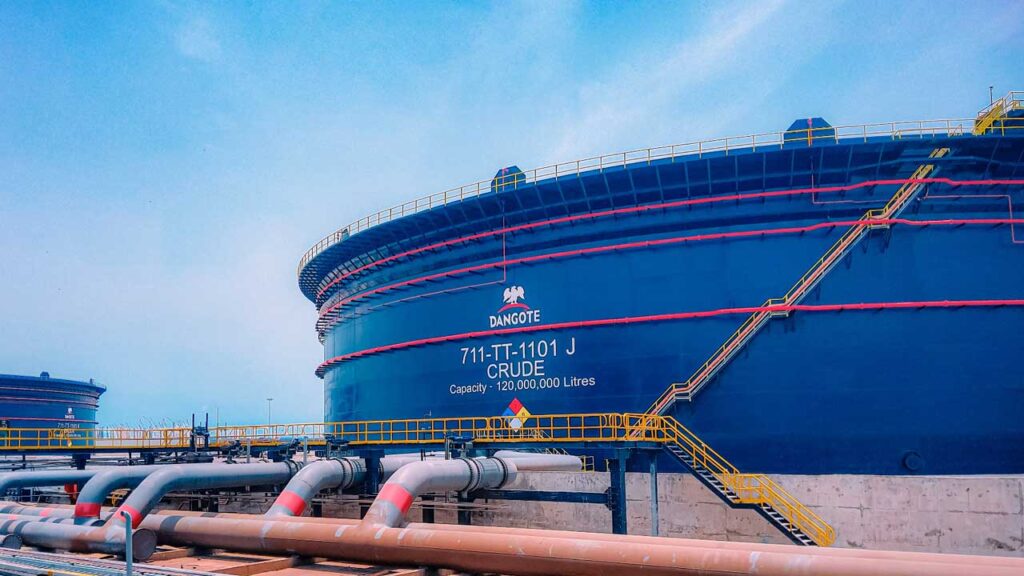
He praised the Managing Director of NNPC Retail Ltd, Hubb Stockman, for fostering inclusion in host communities. In his words,
“The operationalization of the Port Harcourt and Warri refineries is also expected to boost Nigeria’s economic growth by increasing the availability of petroleum products, reducing dependence on imports, and generating additional revenue for the government.”
However, with fuel prices expected to stabilize, Nigerians can anticipate economic relief, reduced cost of living, and increased productivity across multiple sectors.




